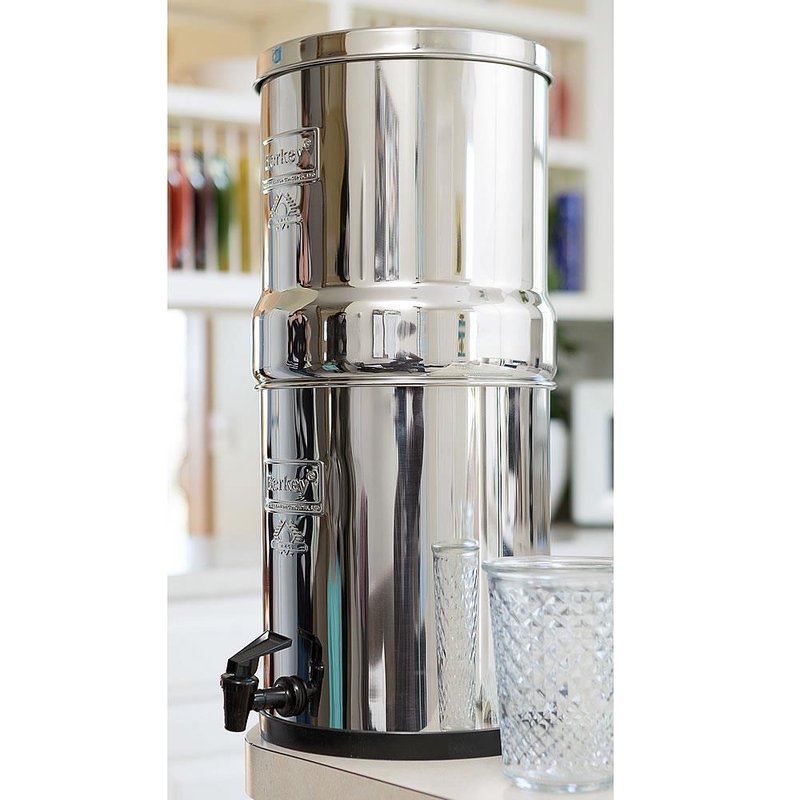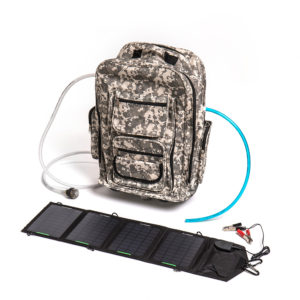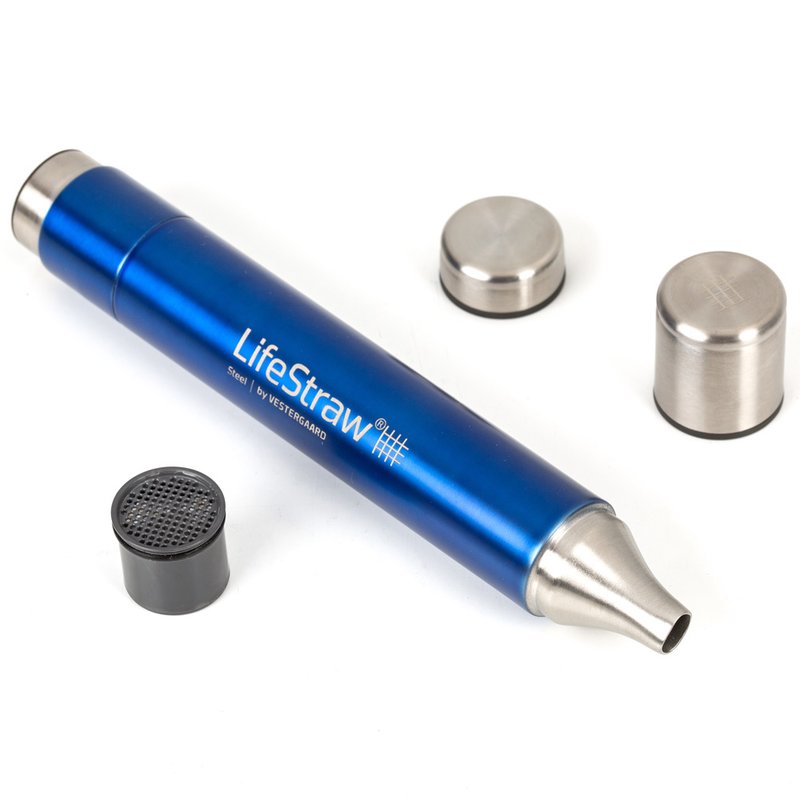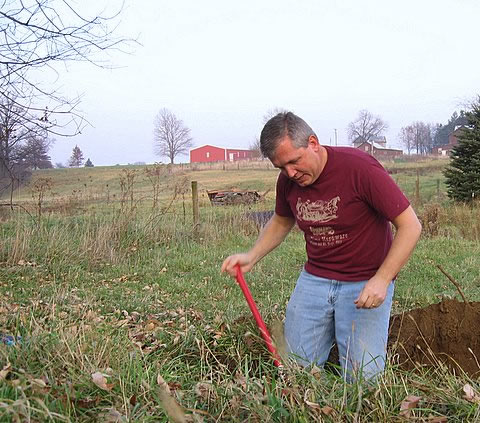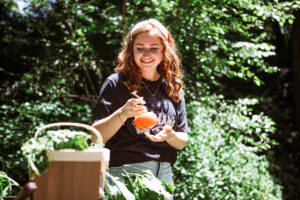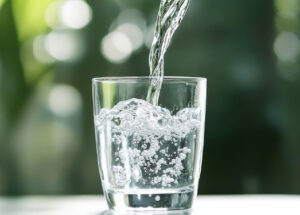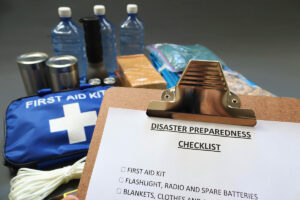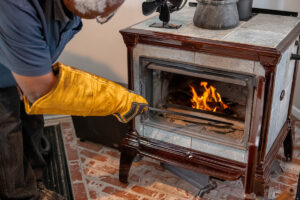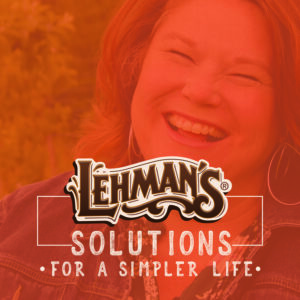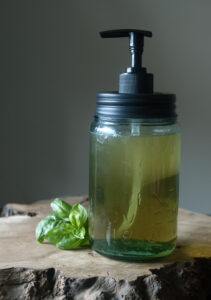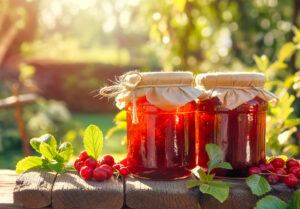Why should you worry about your home water supply? Here’s why:
Two reasons: First, your existing water supply may not be safe. Municipal water supplies are prone to human error and equipment failure. Private wells are often contaminated by run off. Second, you never know when the utilities on which you depend may fail. If there is an extended time without electricity, clean water quickly becomes a very precious commodity.
There are many contaminants to be worried about:
1) Lead: Even a small amount, which often leaches from older piping systems, may cause irreversible brain damage.
2) Controversial Chemicals: Chlorine, fluoride and chloramines may be added to your water by your municipal supplier. Our systems have the ability to remove those chemicals.
3) Bad Chemicals: Run off from manufacturing plants or farms or illegal dumping may cause mercury, PCB’s, arsenic, perchlorate or dioxins in your water. These may cause cancer, seizures or even death.
4) Biological agents: Ecoli and coliform contamination (often demonstrating the presence of fecal waste) are common. Giardia and cryptosporidium may also be present.
Any of these contaminants will affect your health. All may be deadly, especially for elderly, children or people who are already sick from other causes.
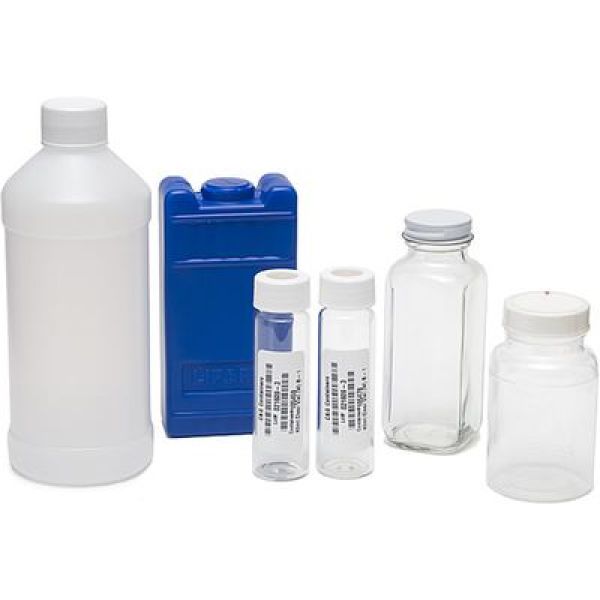 The key to knowing what is in your water is getting a good water test. You can test for practically everything (click here for details), or test for the most common contaminants, or take the free or nearly free test offered by most county or city health departments (which typically only tests for biological contamination).
The key to knowing what is in your water is getting a good water test. You can test for practically everything (click here for details), or test for the most common contaminants, or take the free or nearly free test offered by most county or city health departments (which typically only tests for biological contamination).
A thoughtful approach
The key to selecting the right system is knowing the type of contamination you face. Understanding that starts with a water test. Then, consider what sort of contamination you might have to face. Are there factories nearby, which could cause chemical contamination? Is there a source of lead, such as old pipes? Is there agricultural activity or animal life that could introduce bacteria?
You should also decide what you are preparing for. If you expect temporary disruptions and want to ensure a safe water source for daily life, it means one thing. If you are traveling to a foreign country with uncertain water safety, or if you believe we are facing extreme danger and want to prepare for life on the run in a major disaster, it means another.
It’s a lot to consider! To make it simpler (because we are all about the Simpler Life), I will organize my recommendations by category, and explain whether each filter is best for “life on the move” or best for “hunkering down.”
Our Best solution for your home
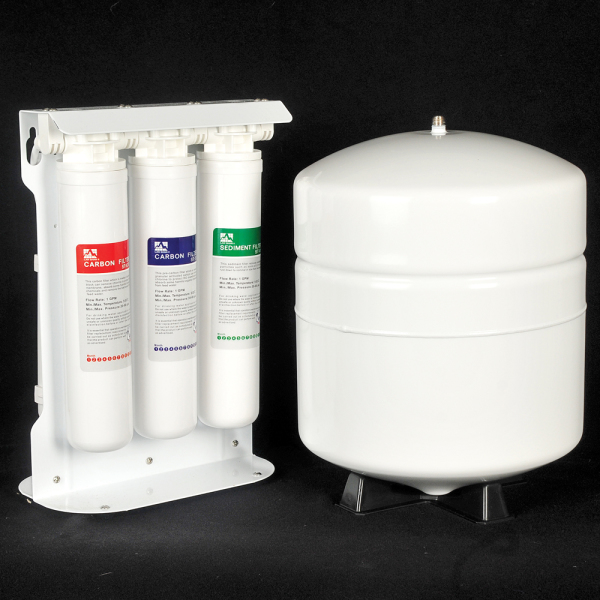 Reverse Osmosis in your home: This is probably your best way to remove contamination from your home water supply. It takes out practically everything. It can even remove bacteria! It works by pushing the water against a very thin but very strong membrane. Clean water can pass through. Dirty water goes down the drain. The constant movement of water past the membrane means that your filter is self-cleaning. Good systems (like ours) also add carbon and sediment filtration, providing the best water you will ever taste! Requires a drain and normal residential water pressure.
Reverse Osmosis in your home: This is probably your best way to remove contamination from your home water supply. It takes out practically everything. It can even remove bacteria! It works by pushing the water against a very thin but very strong membrane. Clean water can pass through. Dirty water goes down the drain. The constant movement of water past the membrane means that your filter is self-cleaning. Good systems (like ours) also add carbon and sediment filtration, providing the best water you will ever taste! Requires a drain and normal residential water pressure.
Our Best for life on the move
Clean safe water on the run: You can remove practically any chemical you might face, and bacteria too, with our backpack system. And, it provides up to 100 gallons of pure clean water a day…enough for up to 50 people. Solar powered with battery back up. And, you can carry it all on your back. (Weighs only 25 lb!). If you are worried about major disasters, and want a long-life reliable water purification system, this is your best option!
Block out bacteria with a ceramic wall
Optional carbon core removes chemicals too
Sanitary, scientific quality ceramic contains microscopic holes. Clean water can pass through, but dangerous bacteria like ecoli, coliform and cryptosporidium are stopped in their tracks. Because the bacteria can’t penetrate, it’s stopped on the outside surface. When the filter plugs, just brush off the outer wall to expose fresh ceramic filter media and you’re ready to go again!
Some models are available with a carbon core, which also removes chemicals.
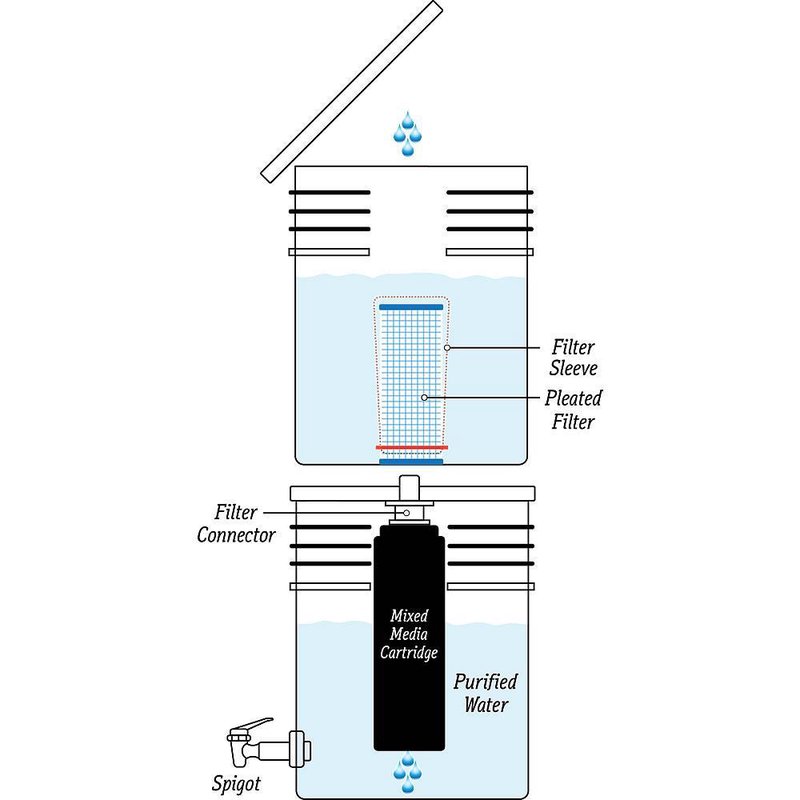 Ceramic filters when you’re hunkered down: No utilities needed! Just pour dirty water in the top and let it drip through the ceramic filter by gravity. Best of all, it comes in multiple options, listed below from most expensive to least expensive.
Ceramic filters when you’re hunkered down: No utilities needed! Just pour dirty water in the top and let it drip through the ceramic filter by gravity. Best of all, it comes in multiple options, listed below from most expensive to least expensive.
– Katadyn Ceradyn – 18 gal/day, you can filter up to 100,000 gallons before replacing filters (controls bacteria only)
– Katadyn Gravadyn – 18 gal/day, filters last six months of continuous use (controls bacteria and chemicals)
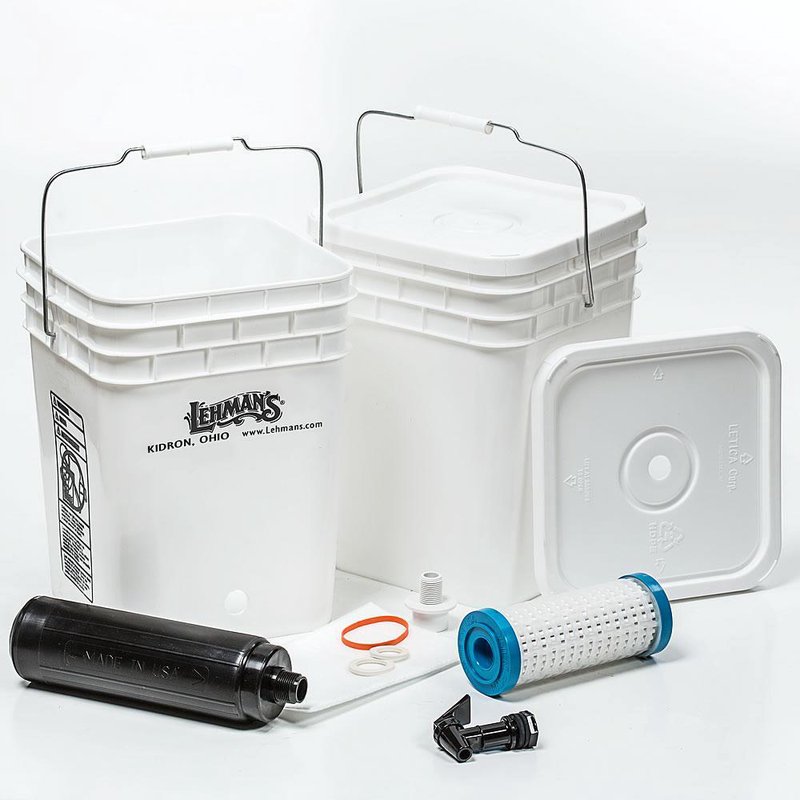
– Big Berkey – Stainless steel housing, 60 gal/day, you can filter up to 6,000 gallons before replacing filters (controls bacteria and chemicals)
– Berkey Light – Plastic housing. Otherwise, similar to Big Berkey.
– Lehman’s Own – Your lowest cost drip filter! 24 gal/day, filters last 6-12 months. (controls bacteria and chemicals)
Ceramic filters when you’re on the move: Compact, “fits in a pocket” portability. Listed from most expensive to least expensive.
Katadyn Combi – Flashlight sized. Manual pump, one quart per minute. Filter element lasts up 12,000 gallons.
Katadyn Vario – Micro sized, very portable. Manual pump, two quarts per minute. Filter element lasts for 250 gallons.
Katadyn Siphon – Lowest cost ceramic protection available! No pumping, one gal/hr, good for 20,000 gallons.
Bug-out bag personal water protection for when you are on the run!
LifeStraw – Low cost, super portable. 260+gallons, germ free! Choose plastic or stainless steel.
Water Storage
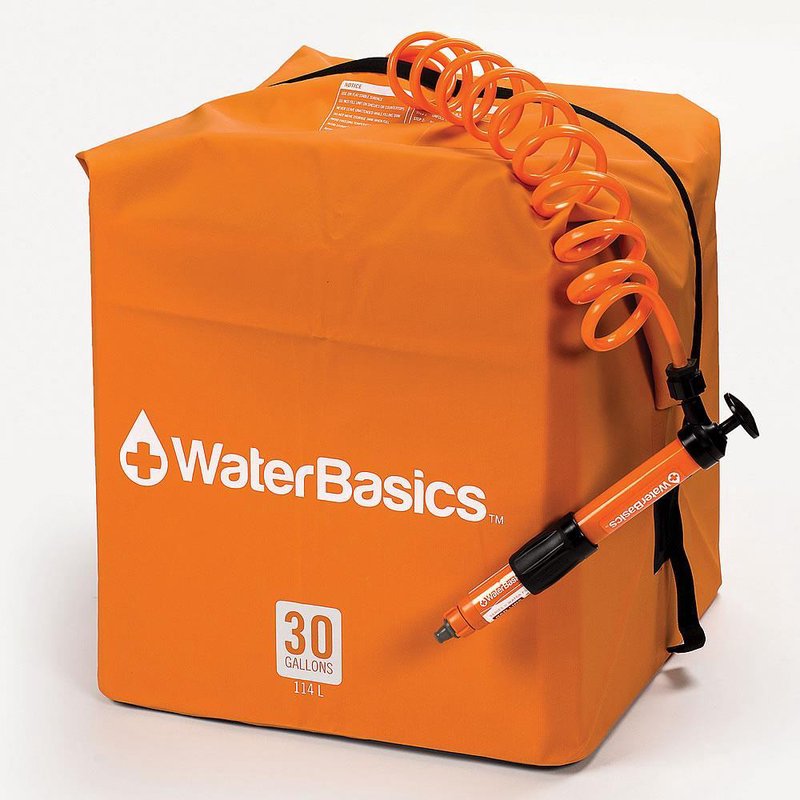 A good water filter can help you survive lasting periods when your water supply is contaminated. You can also prepare by storing water. We have storage systems available, like the one at left. It holds 30 gallons, has a built in water filter and is collapsible when empty. But, you can use any type of container, even used (but clean) milk jugs. Just make sure you “rotate your stock” by periodically using and replacing your stored water. That way, it’s always fresh, and doesn’t need chemical preservatives.
A good water filter can help you survive lasting periods when your water supply is contaminated. You can also prepare by storing water. We have storage systems available, like the one at left. It holds 30 gallons, has a built in water filter and is collapsible when empty. But, you can use any type of container, even used (but clean) milk jugs. Just make sure you “rotate your stock” by periodically using and replacing your stored water. That way, it’s always fresh, and doesn’t need chemical preservatives.
Written by Galen Lehman, CEO at Lehman’s. For a Simpler Life!

